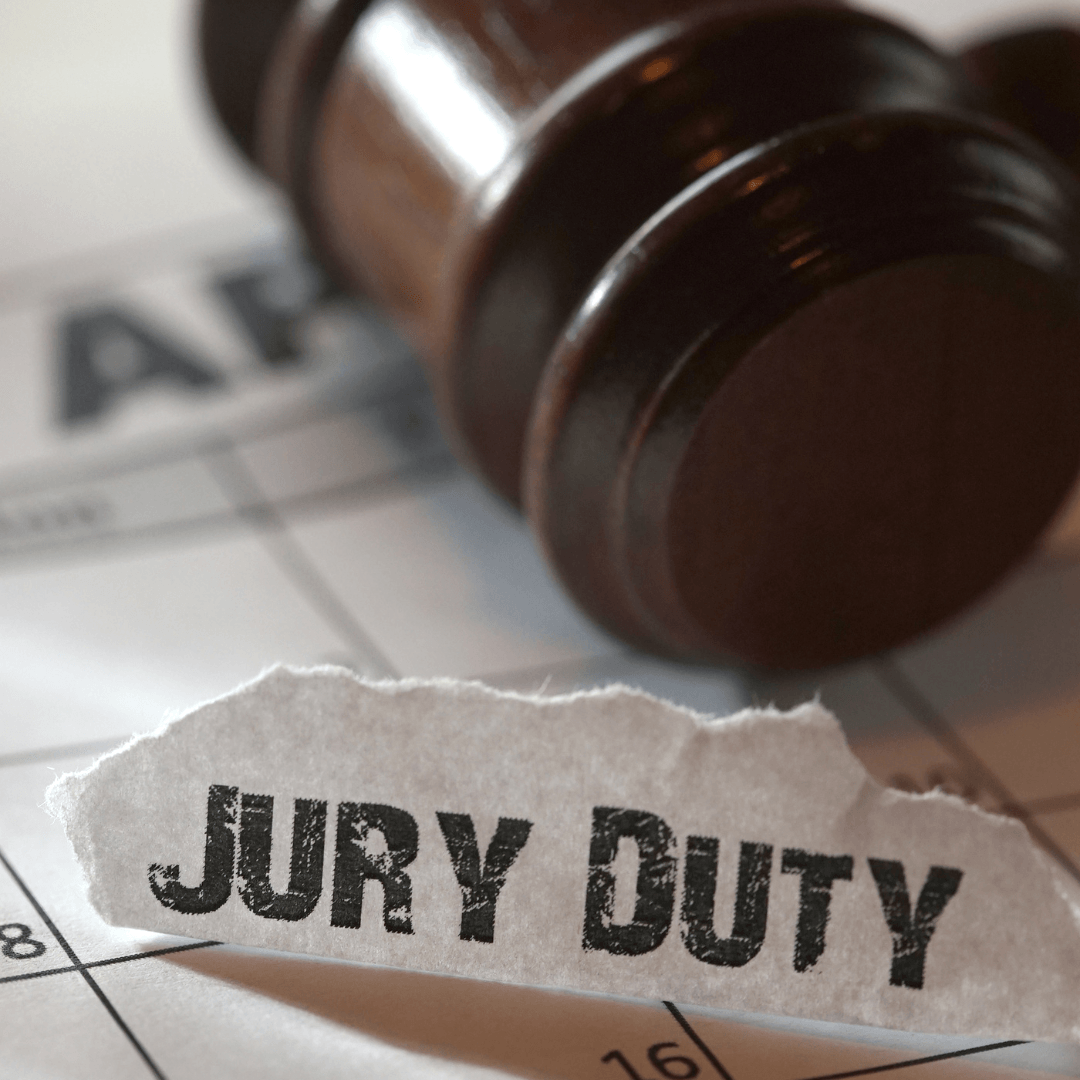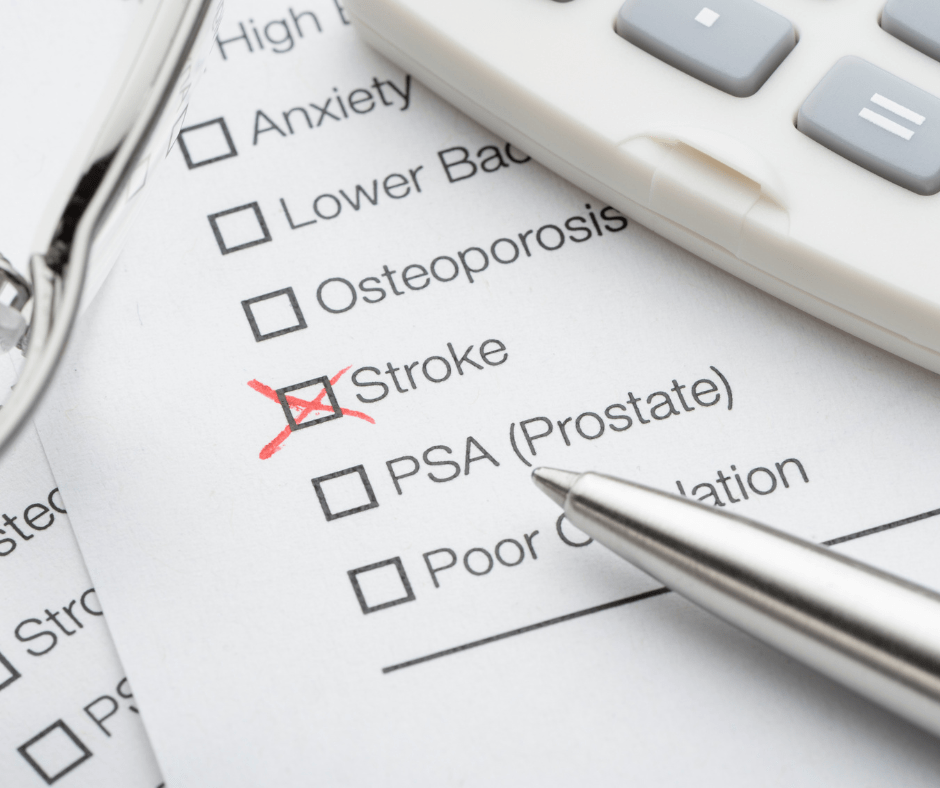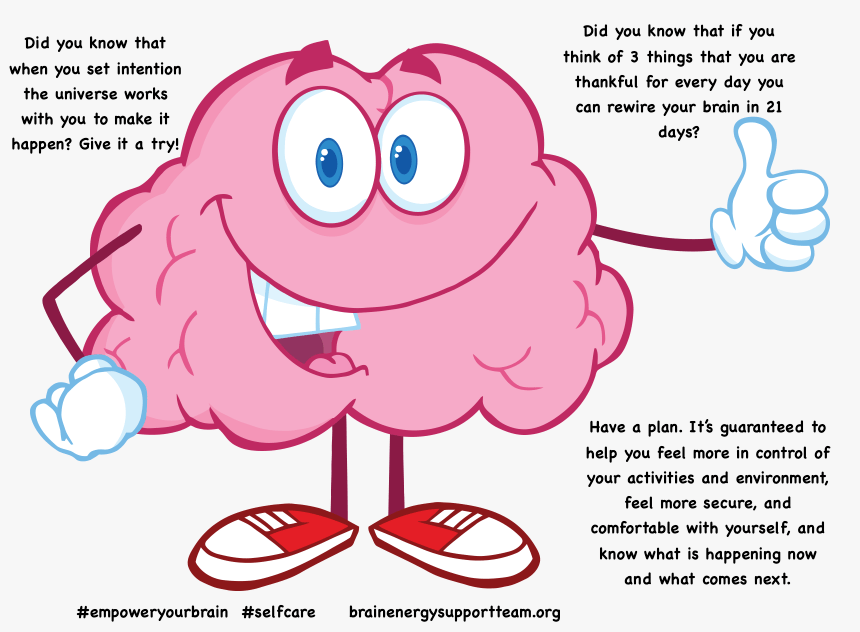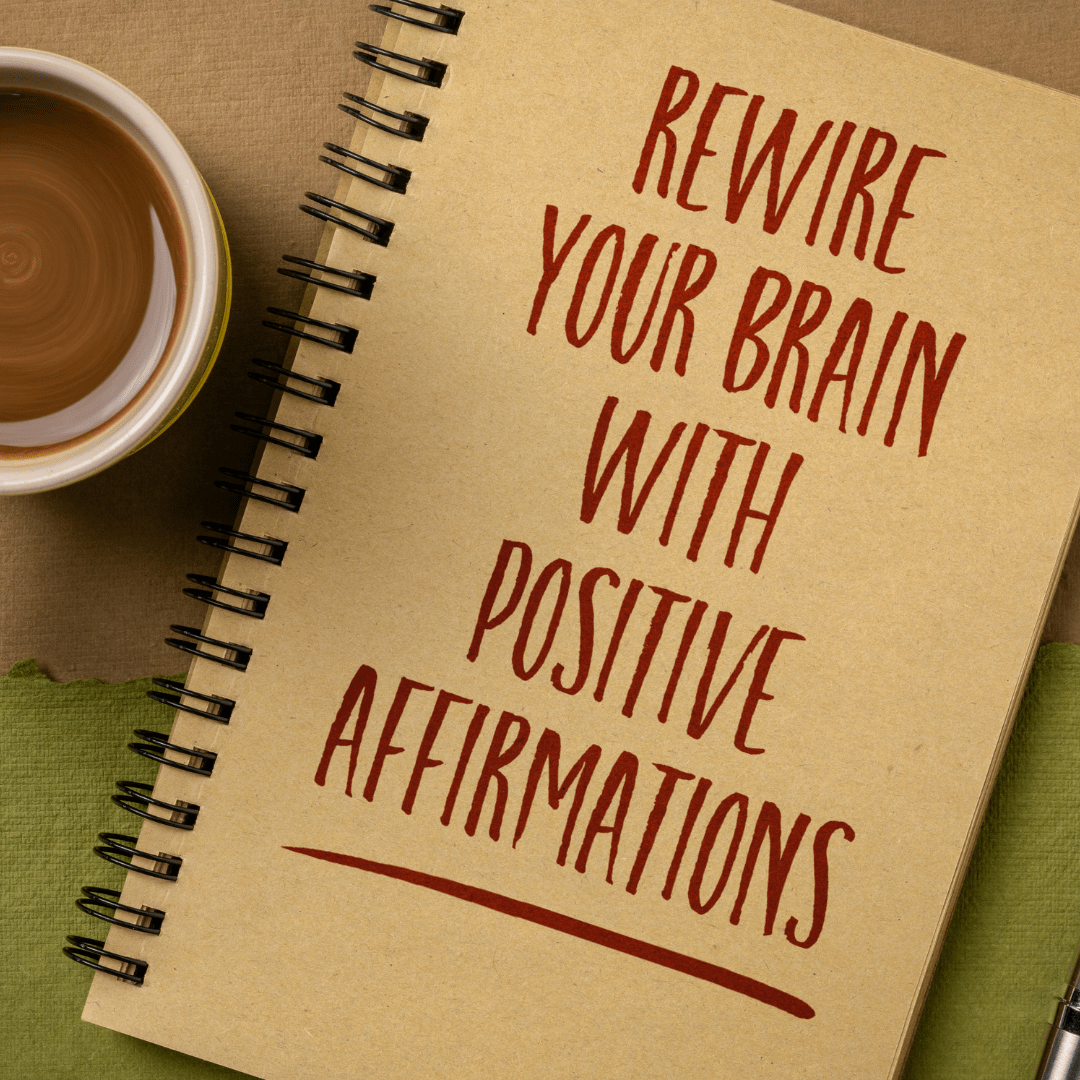You hear about it happening to people all the time, including people you know. And you’re left to wonder whether it will ever happen to you as well.
And then one day, out of the blue it happens: a summons to report for jury duty.
It happened to me recently. I’d actually been hoping it would happen at some point.
Criminal trials have always been interesting to me. As a reporter covering legal and political issues, there were times I covered trials, and a few times I was subpoenaed as a witness to testify about something I’d observed and written about. There were times when I was unemployed and sat in courtrooms to observe trials.
I loved it. But you hear about people wanting to get out of jury duty. Why? It pays ten whole dollars a day!
But I thought, “Wait! If I’m selected to be on a jury, how will that work with my brain injury?”
How would I make it through entire days of sitting in a courtroom listening to testimony when I have issues with my short term memory, occasional trouble focusing or concentrating,or my low energy and reduced stamina? Although now I can sleep well enough at night, most days I need to take an afternoon nap and I don’t drink coffee or energy drinks. How would all that work out? I had my doubts they would let me set up a cot in the back of the courtroom.
Maybe I could just get tattoos of eyeballs on my eyelids so from the front of the room it would look like I was paying close attention if a nap came on, unless I started snoring, of course.
During jury selection I was asked all kinds of questions, including about the state of my health. I felt I should let them know I survived a stroke and have a traumatic brain injury (TBI) but they didn’t seem to think it was a big deal.
I was chosen to be a juror on a felony criminal case that was projected to possibly last about 10 days. How would my TBI handle that? But on the other hand, I reminded myself, it was10 dollars a day!
Day one of the trial was absolutely boring, with opening statements from both sides. And going over the qualifications of experts and police officers was dull as dishwater. But I was able to hang in there and stay awake the entire day, but I almost drifted off a few times and I’m sure others did as well.
It was clear this wasn’t going to be a courtroom show like Law and Order or Judge Judy.
Day two was a whole lot more interesting. The victim took the stand and the testimony was riveting; no major problems with my brain injury that day either. Taking notes would help in case my short-term memory fogged up, but splitting my attention between taking notes and listening to testimony tested my TBI to the limits at times.
We were required to follow safety procedures the whole time. The social distancing made it hard to have conversations. At times during breaks, there were multiple conversations going on, between jurors seated many feet apart. The sounds of the talking across the room were kind of disorienting and uncomfortable for me at times.
Wearing masks all day was a bit of an ordeal, but at least that let me let me out of having to shave every day. We spent many hours over six days together, but since our faces were covered the whole time, we probably wouldn’t recognize each other on the street afterward.
Paying attention wasn’t as hard as it could have been, but it was still challenging being stuck in there for hours and hours, paying close attention for long stretches.
At one point the judge ordered a bailiff to excuse the jurors from the courtroom, but to my tired brain, the order came across as confuse the jurors. Too late—I was already there.
The last morning was closing arguments from each side, and we went straight from there to jury deliberations. I ended up being the jury foreman, or presiding juror, as they called it.
I would imagine keeping 11 other people on track while paying attention to the discussion and remembering points made in the trial is a pretty big job, even without a brain injury But I managed to keep it together somehow. The deliberations took about 45 minutes from start to finish, then there were forms I had to fill out before we all went back to the courtroom to deliver the verdict.
Back in the courtroom I was the one who got to stand up and say, “We the jury find the defendant…”
So justice was finally served, and it wasn’t as hard on my TBI as I was afraid it might be.
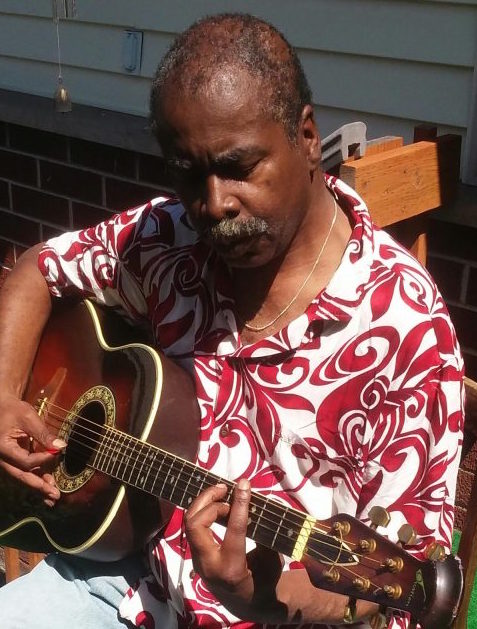 | Isaac Peterson grew up on an Air Force base near Cheyenne, Wyoming. After graduating from the University of Wyoming, he embarked on a career as an award-winning investigative journalist and as a semi-professional musician in the Twin Cities, the place he called home on and off for 35 years. He doesn’t mind it at all if someone offers to pick up his restaurant tab and, also, welcomes reader comments. Email him at isaac3rd@gmail.com. Read more articles by Isaac here; https://www.brainenergysupportteam.org/archives/tag/isaac-peterson |
|---|

